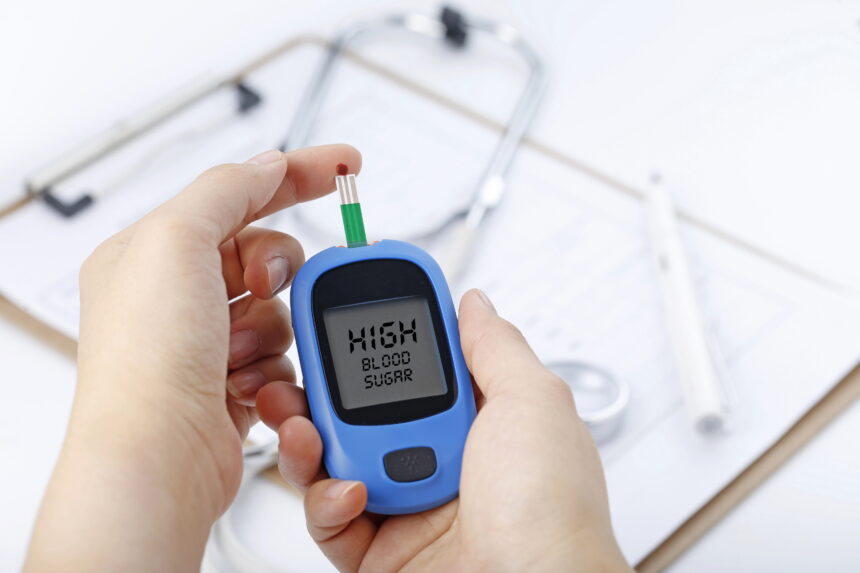Introduction: Type 2 diabetes is a growing concern worldwide, and South Africa is no exception. With its rising prevalence and significant impact on individuals’ health and the healthcare system, it is crucial to prioritize prevention and effective management strategies. This article explores the importance of lifestyle changes and medications in preventing and managing type 2 diabetes in South Africa.
The Burden of Type 2 Diabetes in South Africa: Type 2 diabetes is a chronic condition characterized by high blood sugar levels resulting from the body’s ineffective use of insulin. According to the International Diabetes Federation (IDF), South Africa had an estimated 4.5 million adults living with diabetes in 2019, and this number is projected to rise to 6.3 million by 2045 if left unchecked. The disease disproportionately affects individuals from lower socio-economic backgrounds, and its prevalence is linked to unhealthy diets, sedentary lifestyles, and obesity.
Prevention through Lifestyle Changes:
- Healthy Eating: Promoting a balanced diet rich in fruits, vegetables, whole grains, and lean proteins is essential. South Africa’s diverse food culture can be leveraged to encourage traditional, nutritious meals while reducing the consumption of processed foods high in sugar, unhealthy fats, and salt.
- Physical Activity: Encouraging regular exercise can help prevent and manage type 2 diabetes. South Africa’s scenic landscapes and favorable climate provide ample opportunities for outdoor activities such as walking, cycling, and sports. Community-based initiatives and awareness campaigns can promote physical activity as a way to improve overall health.
- Weight Management: Addressing the high prevalence of obesity is crucial in preventing type 2 diabetes. Encouraging weight loss through a combination of healthy eating and physical activity can significantly reduce the risk of developing the disease.
Medication and Treatment Options:
- Oral Medications: In cases where lifestyle changes alone are insufficient, oral medications may be prescribed to help regulate blood sugar levels. These medications work by improving insulin sensitivity or stimulating insulin production.
- Injectable Medications: Some individuals with type 2 diabetes may require injectable medications such as insulin or glucagon-like peptide-1 (GLP-1) receptor agonists. These treatments help manage blood sugar levels and may be combined with oral medications.
- Patient Education and Support: Effective management of type 2 diabetes requires continuous patient education and support. Empowering individuals with knowledge about their condition, self-monitoring techniques, medication adherence, and healthy lifestyle choices is crucial in achieving long-term success.
Collaborative Approach: Preventing and managing type 2 diabetes in South Africa requires a collaborative effort involving healthcare professionals, policymakers, community organizations, and individuals. It is essential to prioritize health education, ensure accessibility to affordable medications, and develop sustainable support systems that cater to the specific needs of the population.
Conclusion: Type 2 diabetes is a significant public health challenge in South Africa. Preventing and effectively managing the disease requires a multi-faceted approach that combines lifestyle modifications and appropriate medication use. By promoting healthy eating, regular physical activity, and weight management, while ensuring access to necessary medications and education, South Africa can make significant strides in combating the burden of type 2 diabetes and improving the overall health and well-being of its population.










